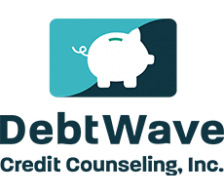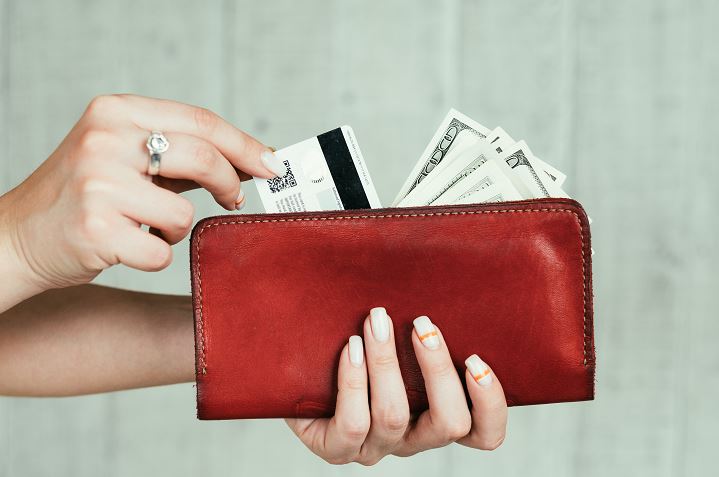A cash advance is a service offered by credit card companies. It’s meant to be a convenience, allowing consumers to withdraw cash from an ATM, or over the counter at a bank or other financial institution. The limit of how much money you can withdraw depends on the credit card; it may be up to the credit limit on your card or a percentage of your credit limit.
For some people, a cash advance is a quick, convenient way to get cash. It’s like being instantly approved for a small loan, which can be tempting if you find yourself in a pinch. However, cash advances are often a dangerous option, and there are a handful of crucial factors to keep in mind if you’re considering using a cash advance.
Keep reading to learn how to protect yourself, and what you need to keep in mind about this convenient, but dangerous financing option.
Cash Advance Credit Cards & What You Need to Know
How does a cash advance differ from a regular purchase?
A regular purchase with your credit card is a sort of exchange with a promise. Your credit card company pays the merchant or service provider on your behalf, while you obtain the goods or services with the obligation that you’ll pay your credit card back at a later date.
A cash advance, on the other hand, is a short-term, high-interest cash loan from your credit card issuer. Mainly, instead of using your card to buy goods or services, you are using it to buy cash.
What are some drawbacks of cash advances?
There are lots of drawbacks to credit card cash advances. Chief among them are:
- Fees: a cash advance is lousy with fees from the get-go – there may be a flat fee of anywhere from $5 to $10 from your credit card company to begin the process, or even up to 5% of the amount withdrawn. Also, the bank or institution that distributes the cash to you may tack on yet another fee.
- Very high interest: When you make a regular purchase with your credit card, if you pay off your balance before the end of the statement period, you avoid paying interest. There is no such grace period on cash advances. Not only is the interest on a cash advance much higher than for regular purchases, but interest begins accruing on a cash advance immediately.
Is it ever a good idea?
Most of the time, no. But, if you have to choose between a cash advance from your credit card, or something just as financially dangerous, such as overdrawing your bank account or taking out a payday loan, a cash advance may actually be the better idea.
Payday loans are a debt trap for most consumers and lead to a downward financial spiral; overdrawing your checking account will incur high fees as well, and may affect your credit score. Even if you have overdraft protection, overdrawing a bank account involves hefty fees; in the case of overdraft lines of credit, you will also pay interest on the amount you needed to borrow.
For most other situations, such as when a vendor only takes cash, you are far better off forgetting the purchase altogether or going well out of your way to finding an ATM and using your debit card.
What are some alternatives to a cash advance?
- Personal loans – if your credit isn’t in good shape, the interest, fees, and repayment structure will be less than favorable, but they will likely still be far less than that of a cash advance.
- Borrowing from friends or family – always an awkward situation, but if you get terms out in the open and stick to a policy of clear and consistent communication, it could be worth it for the savings alone, not to mention the trust that you’ll build by repaying in a timely manner.
- Pawnshop loans – if you have a high-value item, you can obtain a pawnshop loan against its value. Be warned, however, that the amount available to you as a loan will be a fraction of the value. Plus, you’ll pay various fees and interest charges. However, a pawnshop loan will not impact your credit score and tend to have lower interest than a payday loan.
None of these options are habits you want to get into, but anyone of them can be considered slightly more advantageous than a cash advance from your credit card. It is worth the effort to explore other options before seeking a cash advance.
When it comes down to it, a cash advance is an extremely costly way to get your hands on some cash. Taking the time to learn how to build an emergency fund can help you avoid needing a cash advance. Not only will you avoid being hit with high interest and fees, but you will also be more at peace with the knowledge that you are more in control of your financial life.


